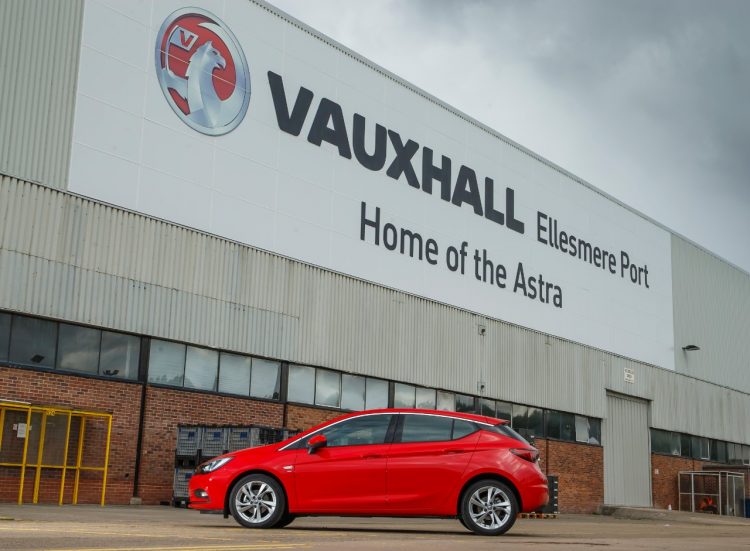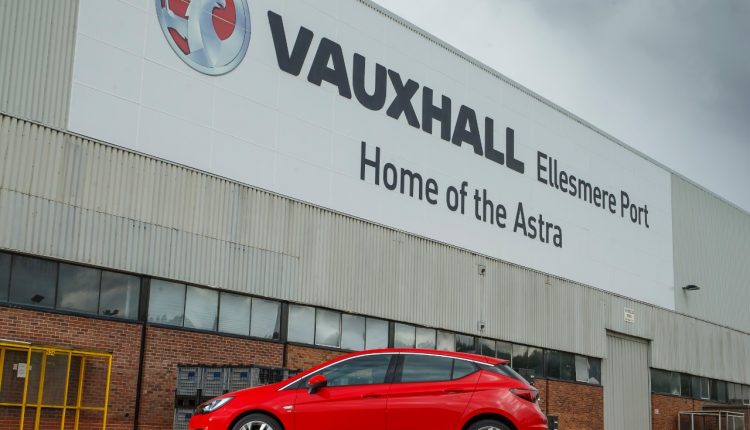Talks between the owner of the Vauxhall factory in Ellesmere Port and the Government have not reached a conclusion leaving the fate of 1,000 workers in the balance. Tony McDonough reports

Talks over the future of the Vauxhall car plant at Ellesmere Port have yet to yield a decision, leaving the jobs of 1,000 people still in the balance.
It has been a worrying couple of years for the workforce at the Cheshire factory which produces 140,000 Vauxhall Astra models every year. During that time employee numbers have been slashed by more than half.
Late last year, Vauxhall parent company, French outfit PSA, completed a £40bn merger with Fiat Chrysler. The enlarged business is now called Stellantis and its brands include Peugeot, Citroen, Fiat, Chrysler, Jeep, Alfa Romeo, Maserati and Vauxhall.
Prior to the merger much of the speculation around the factory was related to Brexit. In the past few weeks executives from Stellantis have been locked in talks with UK Government officials. It is believed they are seeking state support to convert the plant to make electric cars.
The company is concerned about the UK bringing forward its ban on new petrol and diesel cars which is now due to come into force in 2030. The latest round of talks took place this week and an agreement has yet to be reached.
Michael Lohscheller, who heads Stellantis’s Vauxhall unit, told the BBC it expects an “eventual binding commitment by the UK Government in the near future and will act accordingly”. He added: “In the meanwhile, no investment decision will be made.
The BBC reported that there are three options for Ellesmere Port being considered by the company:
- Continued production of internal combustion engine-powered cars – with the possible addition of the new hatchback model – for the short-term until the ban on sales of new petrol and diesel vehicles in 2030.
- A wind down production at Ellesmere Port leading to its eventual closure.
- Securing the plant’s long-term future by committing to making a new generation of electric cars in the North West.
Head of Stellantis, Carlos Tavares, has described the UK’s decision to bring forward the ban on petrol and diesel cars as “brutal”. He added ti might make more sense to move future electric production closer to its biggest market inside the European Union.
A Government spokesperson said: “We are committed to ensuring the UK continues to be one of the best locations in the world for automotive manufacturing, and we’re doing all we can to protect and create jobs, while securing a competitive future for the sector.”

